If you had a mature disposition as a child, you likely displayed inner fortitude and strength, and “it’s often a sign of being empathic, being attuned,” William said.
What’s more, adults generally take a liking to these kinds of kids because they’re “more compliant, easier to communicate with and generally more people-pleasing because that’s just how they’ve had to adapt in the world,” Lancioni said.
It’s not fair for an adult to expect a child to be mature, or to lean on a child for their needs. But for better or worse, it’s likely that the grown-ups in your life viewed you as dependable.
In adulthood, it can lead to people-pleasing, poor boundaries and difficulty asking for help.
The pressure associated with being told you’re mature for your age doesn’t necessarily end in childhood.
“I think that it’s important to note that due to being called mature for your age when you were a child, as an adult you might find it hard to trust others,” Lancioni said. “You might find it hard to ask for help even when you need it. You might minimize and dismiss your own feelings or needs, [you] might have more difficulty setting or establishing boundaries. You might have more experiences with mental health struggles.”
Additionally, you may struggle with anxiety and people-pleasing behaviors, William said.
In adulthood, it’s important that you take care of yourself physically, emotionally, mentally and spiritually. “It’s kind of like giving yourself the love that you didn’t receive when you were a child,” Lancioni said.
Adults who feel they were forced into maturity at a young age should learn how to practice self-care, Lancioni said. “As a child, you most likely weren’t able to focus on that, or allowed to focus on that, because the focus was mostly always on other people for survival.”
You should also focus on “healing your inner child,” a common technique in the therapy world, she added.
“Basically, [healing your inner child is] honoring the playful, spontaneous creative side of your personality that maybe you didn’t get the chance to experience in childhood, or maybe even allowing for rest and relaxation and self-care if your childhood was more chaotic or dysfunctional,” Lancioni said.
“And then obviously, it’s also important to seek therapy if you’re really struggling, especially from a therapist who is trauma-informed and trauma-trained because everyone’s family dynamics and family experience is unique,” she said. “Everyone needs and deserves that individualized care.”
Instead of simply telling a child they’re mature for their age, comment on specific behaviors.
Source link


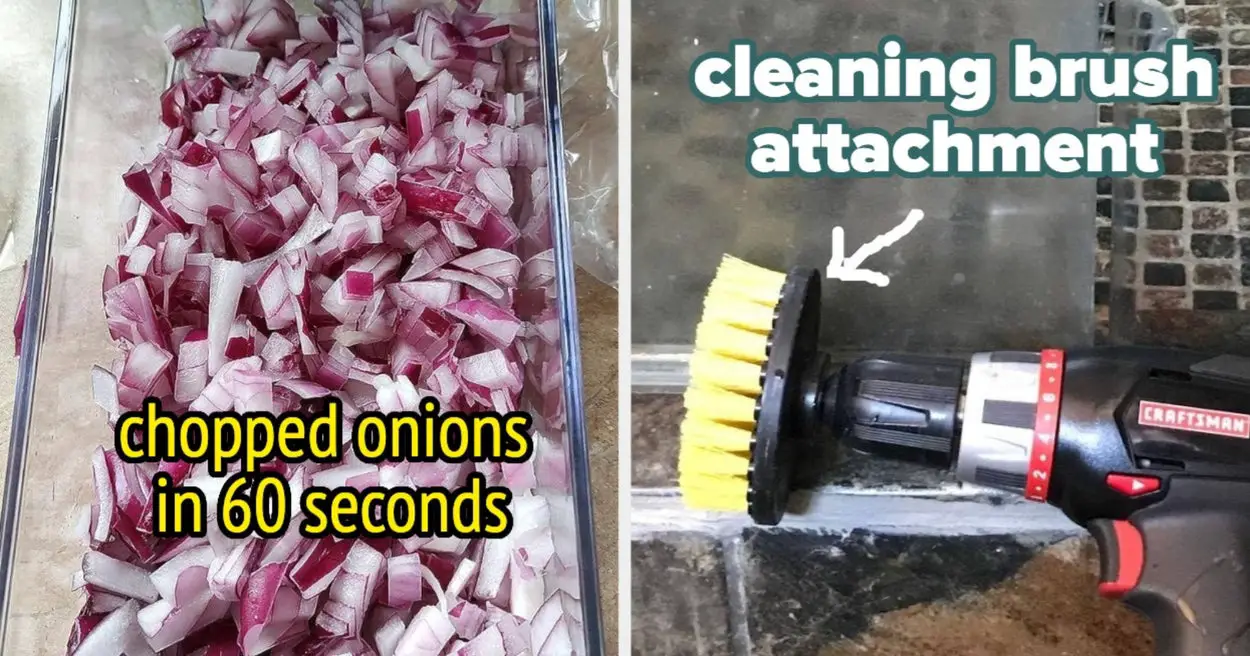
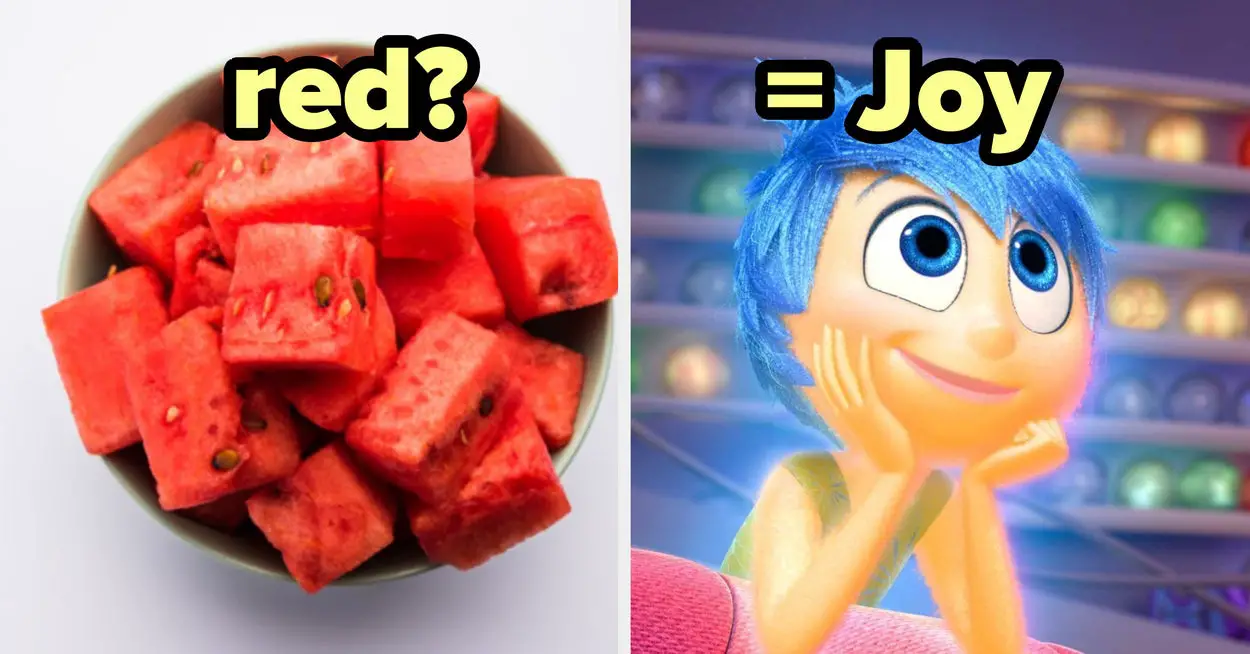

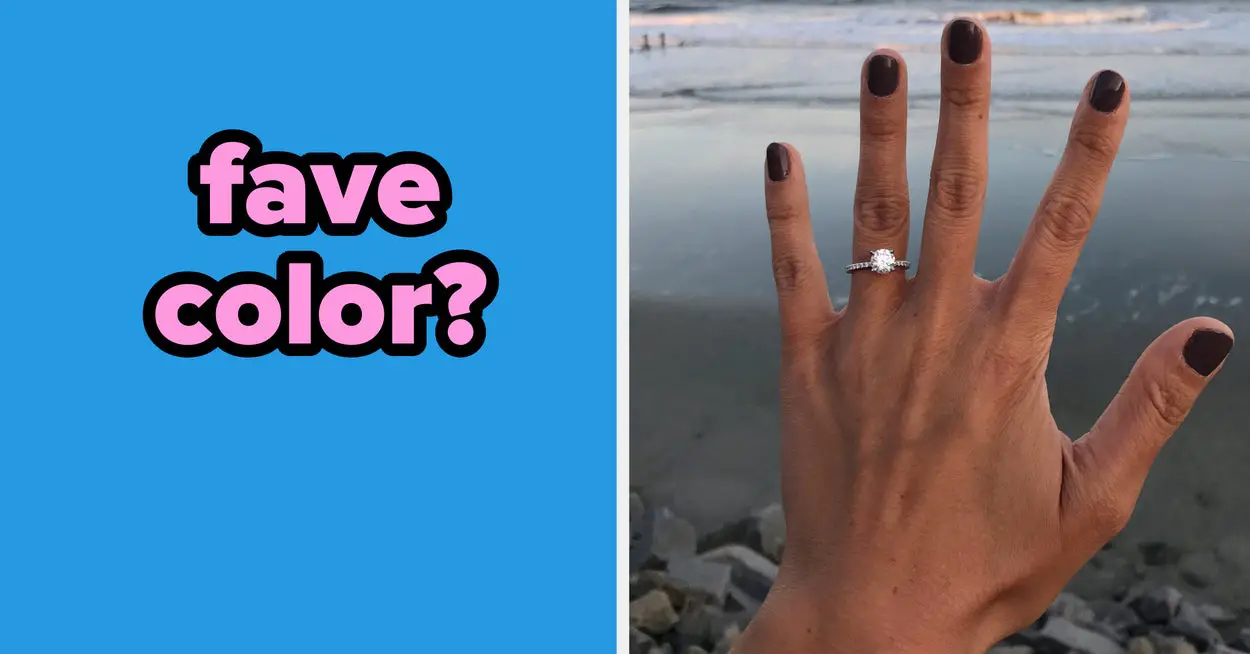
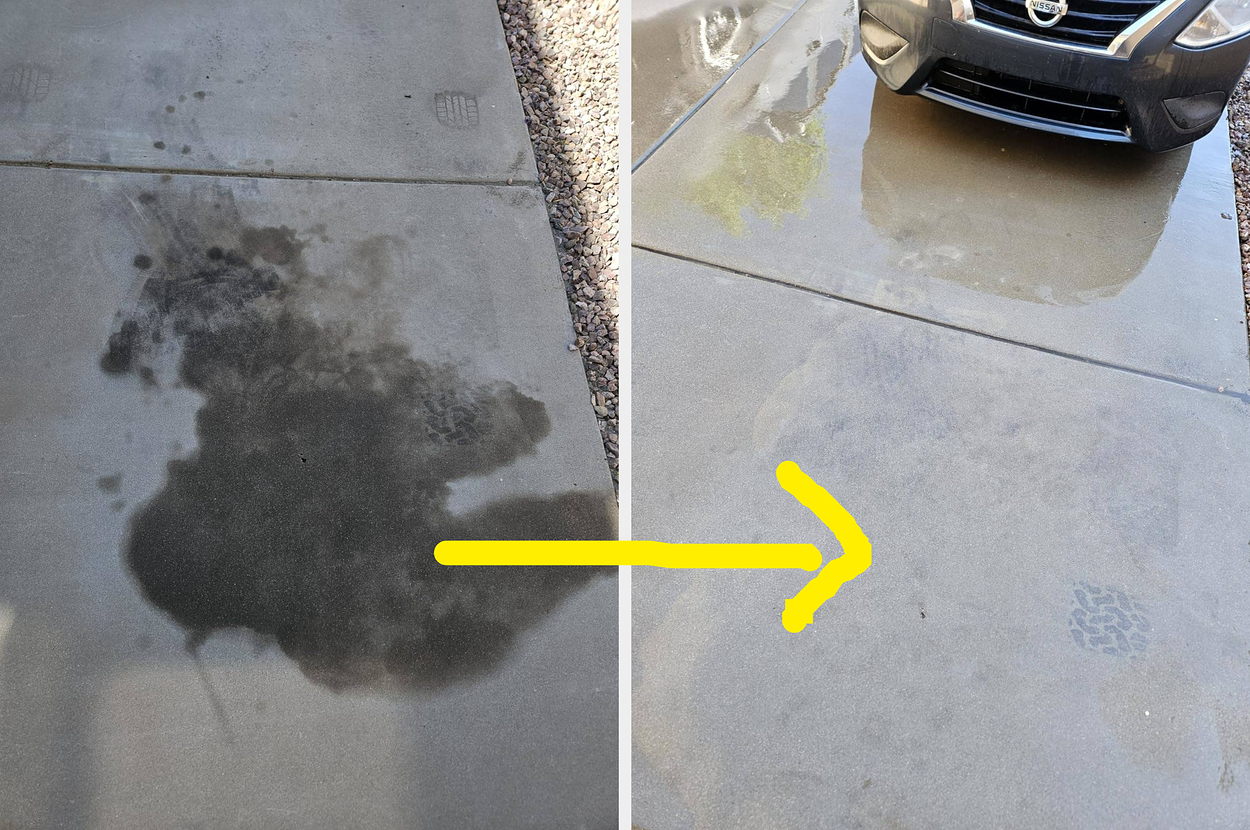
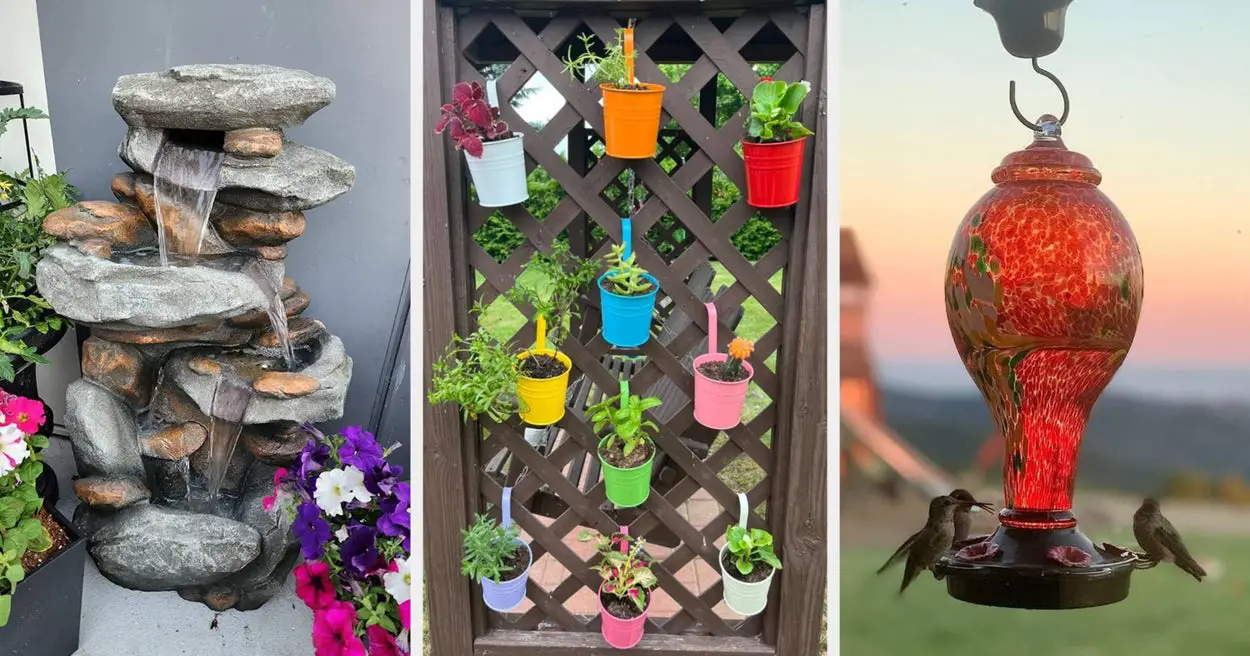


Leave a Reply